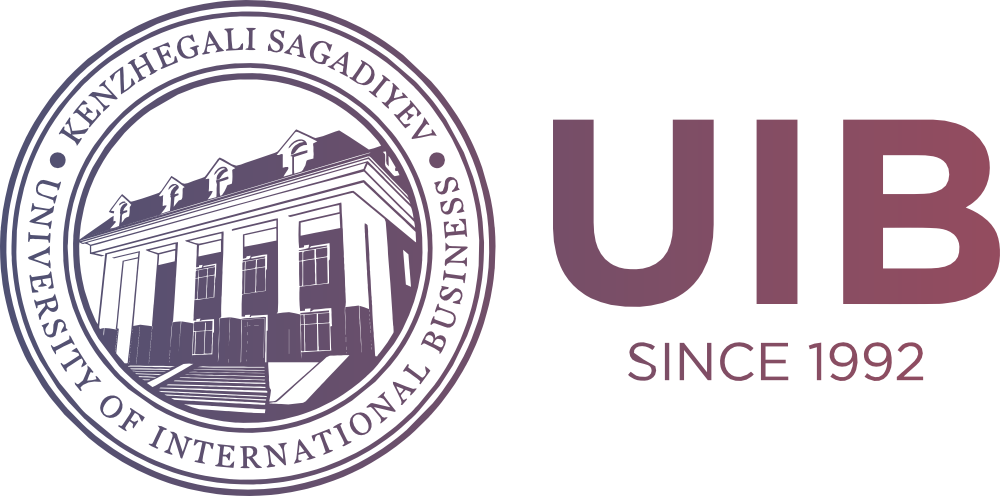Higher Education and National Development: Insights from Kazakhstan’s Transition Economy
DOI:
https://doi.org/10.47703/ejebs.v69i2.488Keywords:
Education, Higher Education, Education Policy, Transitional Economy, Economic Growth, Human Capital, UniversityAbstract
To date, the analysis of issues related to developing educational potential and promoting intellectual development has not been conducted at the appropriate level, particularly in adapting higher education to current demands. In addition, a pressing issue exists in many countries of the CIS, including Kazakhstan, the question of whether education programs comply with international standards and labor market requirements remains significant. Therefore, this paper aims to empirically investigate the relationship between the performance of Kazakhstan's higher education system and key socio-economic indicators from 2004 to 2024, identifying systemic inefficiencies and potential directions for policy improvement. Drawing on official data from the Bureau of National Statistics, the World Bank, and the OECD, the study employs a comprehensive econometric framework, which includes correlation matrices, regression models, and principal component analysis (PCA). The results reveal a positive correlation between the contribution of education to GDP and R&D expenditure (r = 0.820) and average household income (r = 0.841), suggesting that education’s economic effectiveness is strongly linked to innovation investment and income levels. Conversely, a negative relationship was observed with student enrollment, faculty size and the number of higher education institutions, suggesting that quantitative expansion alone does not enhance economic efficiency. The findings point to structural contradictions within the higher education sector, including a misalignment with labor market needs and limited integration into the innovation economy. Future research should aim to address gaps in understanding the internal quality and practical orientation of higher education programs.
Downloads
How to Cite
Downloads
Published
Issue
Section
License

This work is licensed under a Creative Commons Attribution 4.0 International License.
Authors retain copyright and grant the journal right of first publication with the work simultaneously licensed under a Creative Commons Attribution (CC-BY) 4.0 License that allows others to share the work with an acknowledgment of the work’s authorship and initial publication in this journal.



